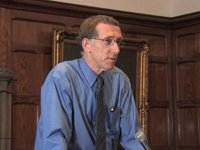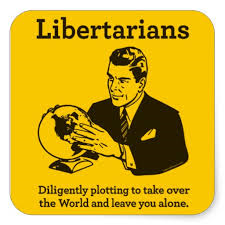Paul Griffiths has given us permission to make the text of his recent (and much talked about) plenary address to the Catholic Theological Society of America‘s 2014 annual meeting available.
The full text pdf is available by clicking on its title: “Theological Disagreement: What It Is & How To Do It.”
We hope that the availability of the text will keep the conversation going, so feel free to post comments as usual.




Thanks for posting Paul’s text, which I am in broad agreement with.
Paul wrote:
Actually I think theology does have something to say about these. About truth claims and rational reasoning in the former and concern for the poor and fair distribution of wealth in the later.
Paul wrote:
I would rather say that encounter with God is theology’s first and last device.
Paul wrote:
I think it is more helpful to consider how each theologian sheds light on particular factes of issues rather than pit theologian against theologian in a simplistic “one must be right and the other wrong” way. Is that rather narrow and divisive “us verses them” way of thinking part of the problem in U.S. theology today ?
God Bless
That doesn’t make much sense, I’m afraid, at least not when talking about theology as an intellectual pursuit. If you want to make a case for theology as mystical experience, by all means. But so long as we’re talking about theology in the mundane sense of what gets written and spoken about by one human to another, its “device” can only be thought (in a sense that includes reason, discourse, etc.).
If encounter with God were necessary to produce theology, no non-believer could be a theologian (except accidentally and insofar as they have actually encountered God, only not recognized said encounter, then communicated something that unwittingly conveys that they have had said encounter, and is recognized as such by the person to whom it was conveyed). This is defined out of possibility in Griffiths’ terms, since he explicitly says thought about a god, god, God, LORD (etc.) is what theology is, regardless of who is doing it and what they happen to personally believe in.
If encounter with God were sufficient (but not necessary) to produce theology, everyone who has ever encountered God is a theologian. But, you’ll say, encounter with God is sufficient provided one takes the material of that encounter and communicates it (formulates it, thinks about it, writes it down in certain terms and phrases). That, then, makes “thought” the “first and last device” of theology. Encounter only becoms theology upon addition of thought; without thought, encounter remains personal experience, mystical intuition, ineffable wafting of the divine, whatever.